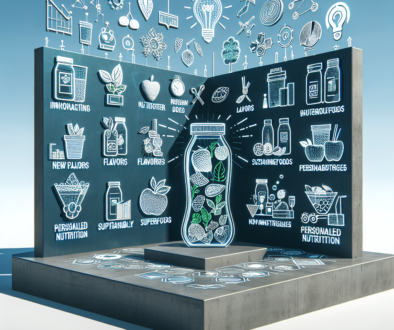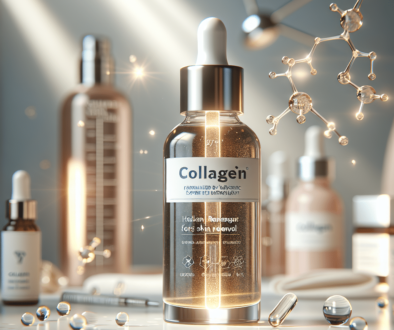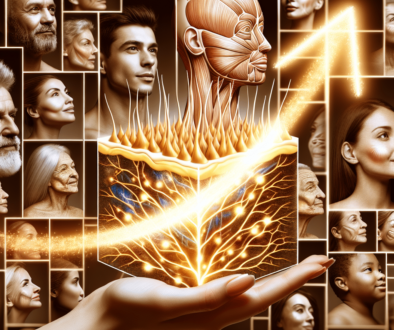Effects Of Na+, Ca2+ And Ph Value On Thermal Denaturation Temperature Of Whale Shark Skin Collagen
Keywords
Collagen, Thermal Denaturation Temperature, Uv Absorption Spectrum, Aggregation Kinetics Curve, Differential Scanning Calorimetry Analysis
Abstract
The effects of different concentrations of Na+, Ca2+ and pH on the thermal denaturation temperature of whale shark skin type I collagen and whale shark skin type II collagen were systematically studied by differential scanning calorimetry (DSC). The characteristic ultraviolet absorption wavelength of type I collagen is located at 233.05nm, and the characteristic ultraviolet absorption wavelength of type II collagen is located at 232.90nm and 277.88nm. Studying the aggregation kinetics curve of collagen, it was found that the turbidity changes of whale shark type I collagen and whale shark type II collagen over time showed an S-shaped trend. The aggregation process can be divided into initial stage, growth stage and stabilizing stage. The thermal stability of whale shark type I collagen and whale shark type II collagen was characterized by a high-sensitivity differential calorimetry scanner. The thermal denaturation temperature of whale shark type I collagen is 40¡ãC, and the thermal denaturation temperature of whale shark type II collagen is 62¡ãC. Lower concentrations of Na+ and Ca2+ reduce the thermal denaturation temperature of type I collagen and type II collagen. This may be due to the addition of metal ions affecting the mutual repulsion of charged amino acid residues between collagen molecules, reducing the collagen denaturation temperature. Thermal stability of protein; higher concentrations of Na+ and Ca2+ continuously reduce the denaturation temperature of type I collagen and type II collagen. This may be due to the competition between metal ions and collagen molecules for water molecules, resulting in collagen instability. ; When the concentration of Na+ and Ca2+ metal ions continues to increase, the denaturation temperature of type I collagen and type II collagen increases due to salting out. After type I collagen is treated with strong acid and alkali, the endothermic denaturation peak of the protein becomes smaller or even disappears.
For further information of this article and research, feel free to contact our team for asssitance.
Original research was done by Bao Bin, Wu Wenhui, Kang Junxia, Kang Yongfeng, Xie Jing, Chen Zhihua
About ETChem
ETChem, a reputable Chinese Collagen factory manufacturer and supplier, is renowned for producing, stocking, exporting, and delivering the highest quality collagens. They include marine collagen, fish collagen, bovine collagen, chicken collagen, type I collagen, type II collagen and type III collagen etc. Their offerings, characterized by a neutral taste, and instant solubility attributes, cater to a diverse range of industries. They serve nutraceutical, pharmaceutical, cosmeceutical, veterinary, as well as food and beverage finished product distributors, traders, and manufacturers across Europe, USA, Canada, Australia, Thailand, Japan, Korea, Brazil, and Chile, among others.
ETChem specialization includes exporting and delivering tailor-made collagen powder and finished collagen nutritional supplements. Their extensive product range covers sectors like Food and Beverage, Sports Nutrition, Weight Management, Dietary Supplements, Health and Wellness Products, ensuring comprehensive solutions to meet all your protein needs.
As a trusted company by leading global food and beverage brands and Fortune 500 companies, ETChem reinforces China’s reputation in the global arena. For more information or to sample their products, please contact them and email karen(at)et-chem.com today.



